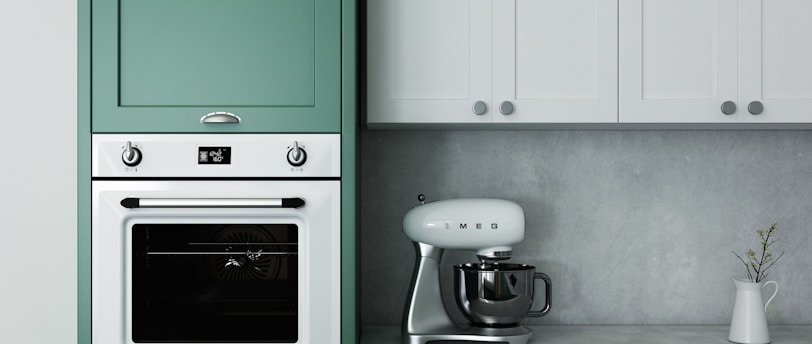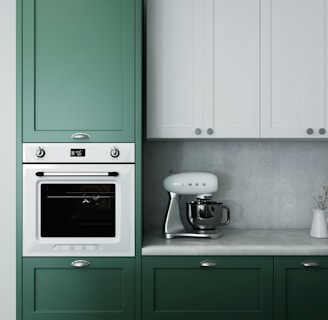Energy Star vs responsible use.
Sometimes it’s better to use our appliances more responsibly and keep them out of the landfill than buying a brand new one Energy Star rated.
Bianca Ferrando
7/19/20233 min read


Sometimes it’s better to use our appliances more responsibly and keep them out of the landfill than buying a brand new one Energy Star rated.
Many people have perfectly functioning home appliances that are not necessarily rated energy efficient in any way. Sometimes these appliances are old but still have not given little to no problems and could still be used for a very long time.
There is a lot that goes into disposing of an appliance. especially an old one that was not made to be recycled. With few simple changes you could extend the life of your old appliance making their use even more sustainable.
Dishwasher
1. Run it only when full and try to avoid half loads. You will use less water and will release less chemicals into the water over time.
2. Load it properly and make sure the cleaning cycle will be as effective as possible.
3. Dry kitchenware with a clean towel when the washer is done instead of running the drying cycle. You will use far less energy.
4. Use naturally formulated and truly biodegradable dishwasher pods if you can, like these ones or these ones.
Washing machine
1. Run it with a full load and don’t over stuff it. It will save you electricity and water in the long run, and it will also prevent clothes to need to be rewashed.
2. Run it with cold water, and setting the spinning cycles as high as your clothes will allow. They will need less time to dry after.
3. Use the least amount of detergent necessary and possibly skip anything not necessary like fabric softener or scent enhancers (which can do more harm than good to your skin sometimes).
4. Use sustainable detergents if you can, like this one or this one.
Dryer
1. Avoid using it at all if you have the time and energy. It will require space and to backwards plan to allow time for your laundry to dry on a line.
2. Run your dryer with dryer balls instead of single use dryer sheets. The wool dryer balls are usually readily available and they last a long time.
3. Make sure the air flow is good and the fan doesn’t need to do extra work. The out-take of the venting system should be cleaned every 6 months.
4. Run your dryer with a full load but don’t over crowd it. It will dry better and faster.
5. Run your dryer on low heat for a little longer rather than medium or high for shorter periods of time.
Refrigerator
1. Make sure to not cover the vents int he back. Sometimes they are hard to spot and organizing your refrigerator can get complicated.
2. Don’t keep it open more than you really need. The motor will have to do extra work to keep the temperature down, especially in summer.
3. Let your leftover cooldown to room temperature before you put them in your refrigerator.
4. Every once in a while double check if anything has leaked or spilled, especially on plastic or wire shelving to keep the refrigerator from absorbing unwanted stain and odors.
HVAC
1. The set temperature in summer should be higher than the one you set in winter. It is ok to wear a sweater in your home in winter, or shorts in summer.
2. In winter make sure you promptly change the filter so the fans don’t have to work extra.
3. In summer, close the registers in those rooms that get particularly and unnecessarily cold. You can use magnetic register covers if they are old and don’t close well.
4. No matter the season, it is good idea to close registers in any room you do not use.
